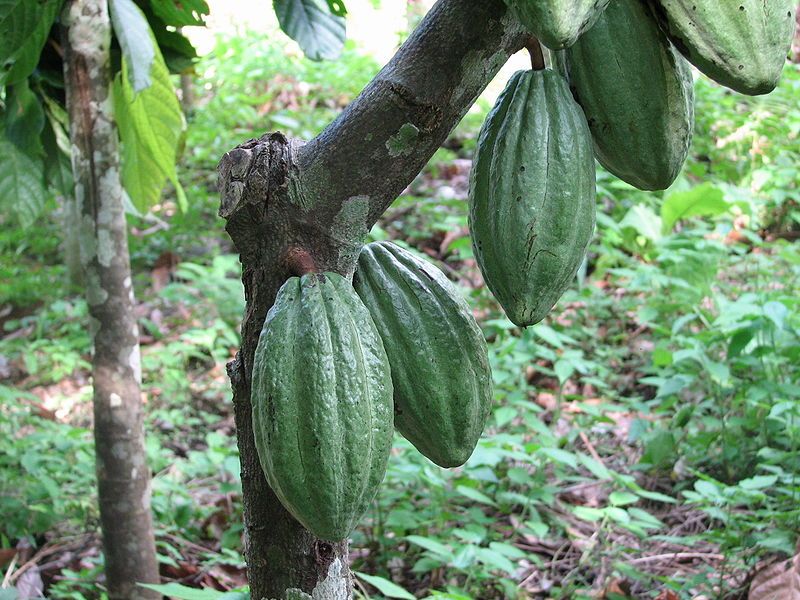UK Fairtrade market up 12%
The Fairtrade Foundation has seen a large increase in the market for Fairtrade products over recent times, with a 12% increase in the last year corresponding to sales of £1.32 billion per annum.

The Fairtrade Foundation has seen a large increase in the market for Fairtrade products over recent times, with a 12% increase in the last year corresponding to sales of £1.32 billion per annum. This can largely be put down to retailers switching more brands and products over to the Fairtrade range. The trend is only set to continue, with further brands like Co-Op bananas and Morrisons sugar moving to Fairtrade this week.
This is not only good for the farmers and producers of the products, but also for the environment. Toby Quantrill, head of policy at Fairtrade says, "Our environmental work is a bit under-reported, but it is almost impossible to prise apart development and environmental issues."
“You have to be willing to work with farmers to improve environmental performance, so many of the requirements are developmental, such as committing to improve water and soil management," says Quantrill. "But there is also a banned list of harmful fertilisers and pesticides that Fairtrade farmers are not allowed to use.”
Fairtrade is now moving further towards environmental management as a key to it’s progression. With many Fairtrade products from the third world, including rice, sugar and cocoa all being vulnerable to climate change, helping farmers to adapt through measures like irrigation, soil protection and diversification is just as important as providing a fair price for a farmers product. Without these measures, there is a good chance some farmers won’t be able to produce these crops in the years to come.
Whilst Fairtrade is booming, the UK organic food market is in sharp decline. Last year there was a fall of almost 6% in sales of organic products, a sign that the economic conditions are creating a squeeze on people’s wallets as they turn away from premium produce. It should also be noted that whilst the number of sales of Fairtrade products is increasing, the number and type of products under its banner has also increased, which suggests that even though more Fairtrade is being sold, individual Fairtrade products may be in decline.
